July 22, 2015
Workers of all ages want employers that commit to digital progress
 Employees across all age groups want to work for businesses committed to digital progress, and companies that are slow to embrace digital technology will not thrive and are more likely to lose talent, according to a new global report. Strategy, Not Technology, Drives Digital Transformation from MIT Sloan Management Review and Deloitte Digital is based on findings from the fourth annual global survey of more than 4,800 business executives across 27 industries and 129 countries. It suggests the ability to digitally transform and reimagine a business is determined in large part by establishing a clear digital strategy, supported by leaders who foster a culture that can change and reinvent their organizations. People want to work for digitally maturing organizations, with nearly 80 percent of respondents preferring to work for a digitally enabled company or digital leader. This sentiment crossed all age groups nearly equally, from 22 to 60.
Employees across all age groups want to work for businesses committed to digital progress, and companies that are slow to embrace digital technology will not thrive and are more likely to lose talent, according to a new global report. Strategy, Not Technology, Drives Digital Transformation from MIT Sloan Management Review and Deloitte Digital is based on findings from the fourth annual global survey of more than 4,800 business executives across 27 industries and 129 countries. It suggests the ability to digitally transform and reimagine a business is determined in large part by establishing a clear digital strategy, supported by leaders who foster a culture that can change and reinvent their organizations. People want to work for digitally maturing organizations, with nearly 80 percent of respondents preferring to work for a digitally enabled company or digital leader. This sentiment crossed all age groups nearly equally, from 22 to 60.








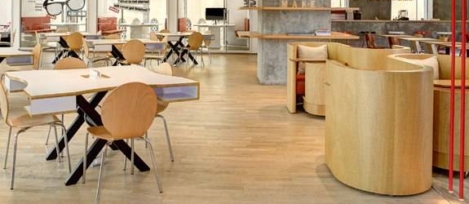
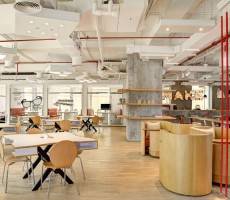
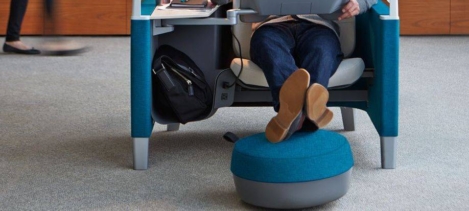









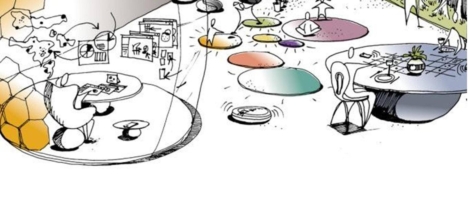
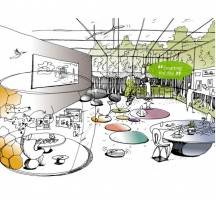












July 9, 2015
London transport shuts down ….. agile workers unaffected …..
by Paul Carder • Cities, Comment, Flexible working, Wellbeing
(more…)